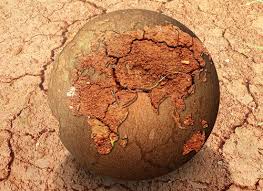
Although we learn about the issues of food, energy, and the climate in different lessons, it’s clear they are all connected. The purpose of our study is to understand the political ecology of the global food systems and try to answer the seemingly simple question, how can we feed everyone? This is a problem that humans have struggled with since the dawn of man, and despite all of our technological advancement throughout the years its a question we still have no answer to. In fact, for many reasons, the problem has become more difficult. The Earth’s population is constantly increasing and in many cases the population of the most vulnerable areas is rising the fastest. In these areas food shortages are a problem people face every day. In addition to this we are struggling to find clean and efficient ways to produce the energy necessary to produce more food. As we struggle with the effects of climate change it becomes more and more clear that we cannot rely on the traditional forms of energy production, namely the burning of fossil fuels. If we cannot quickly and completely transition to the use of renewable energy we will only continue to destroy the environment that we all rely on. Finally, the sad fact is that global warming is real and irreversible damage has already been done to our precious planet. The global average temperature is rising and even a small increase has a huge effect on the global climate. With extreme weather becoming increasingly common and fragile ecosystems being thrown out of balance, its unclear how well we can recover.
image citation:
Posts from 2013 on PACEM. (n.d.). Retrieved August 13, 2017, from https://blissmaybe777.wordpress.com/2013/page/10/
